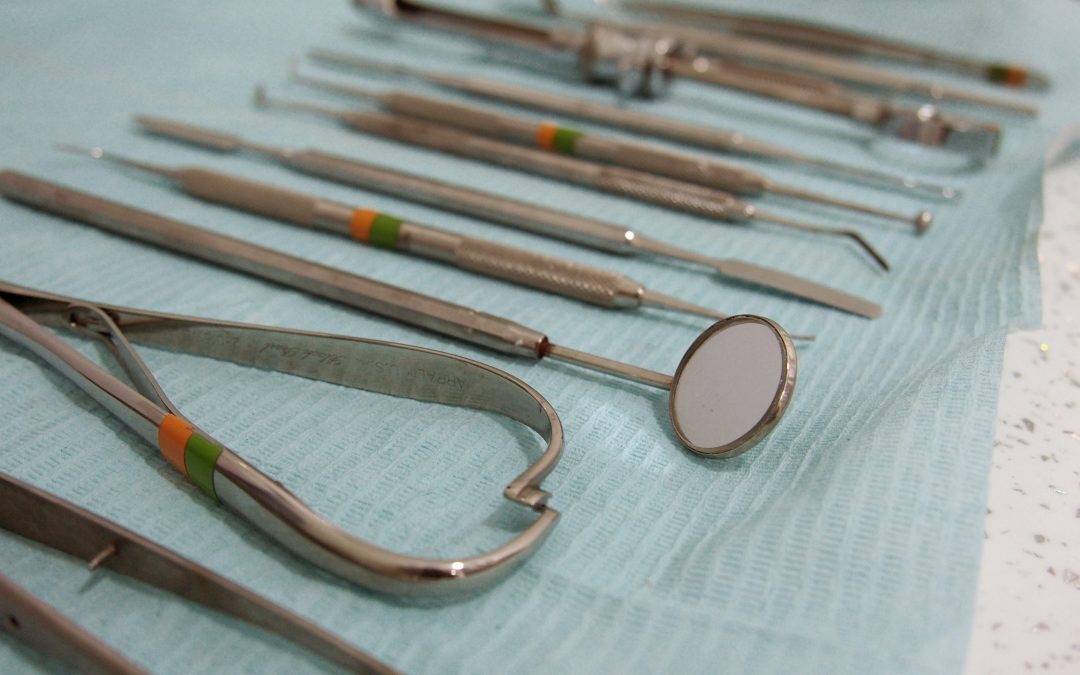Is the taste of ice cream or a sip of hot coffee sometimes a painful experience to you? Does brushing or flossing make you wince occasionally? If so, you have sensitive teeth.
Here are some possible causes of your sensitive teeth:
*Tooth Decay (cavities). Also called dental cavities or dental caries, this is the destruction of the outer surface (enamel) of the tooth. Decay results from the action of bacteria that live in plaque, which is a sticky, whitish film formed by a protein in saliva (mucin) and sugary substances in the mouth. Tooth decay is a common health problem.
Some other common causes include:
*Fractured Teeth
*Worn Fillings
*Gum Disease
*Worn Tooth Enamel
*Exposed Tooth Root
For people who have healthy teeth, a layer of enamel protects the crowns of your teeth – the part above the gum line. Under the gum line, a layer called cementum protects the tooth root. Underneath both the enamel and the cementum is dentin. These layers can get worn down over time.
Sensitive teeth can be treated. The type of treatment depends on what is causing the sensitivity.
Your dentist may suggest one of a variety of treatments:
Desensitizing Toothpaste. This contains compounds that help block transmission of sensation from the tooth surface to the nerve, and usually requires several applications before the sensitivity is reduced.
Fluoride Gel. Is a prescribed high-concentrated topical agent (1-2%) intended either for professional applications in plastic/disposal trays 2-4 times per year or self-applied with the aid of a toothbrush once or twice per week. The formulations are based on sodium fluoride, acidulated phosphate fluoride, or amine fluoride. The gels are flavored but contain no abrasive cleaning agents or preservatives.
A crown, inlay or bonding. These may be used to correct a flaw or decay that results in sensitivity.
Surgical Gum Graft. If gum tissue has been lost from the root, this will protect the root and reduce sensitivity.
Root Canal. If sensitivity is severe and persistent and cannot be treated by other means, your dentist may recommend this treatment to eliminate problem.
Proper oral hygiene is the key to preventing sensitive tooth pain. Ask your dentist if you have any questions about your daily oral hygiene routine.

